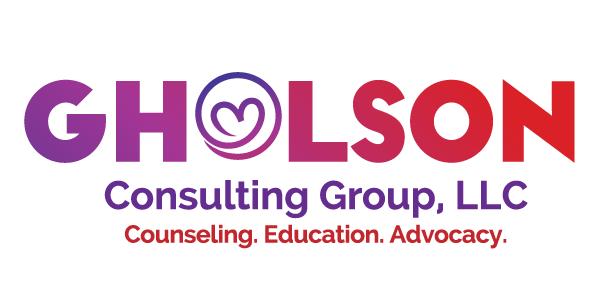I don’t know what it is about me but people enjoy telling me their stories. Last night, I was sitting on a rock at Montrose beach with some friends listening to reggae music and eating dirty rice when the young man next to me kept trying to engage in dialogue. He said he loved sitting out here away from everything, peaceful, and that he drives up here weekly even though he lives on the Southside.
I knew where the story was headed before he finished. When he got up to smoke a cigarette and I saw him dragging his left leg, I really knew.
He came back and I asked him the basics. Where did he live (Southside), how old was he (24), did he finish high school (yes)—so my next question was asking where does he work. When he told me he was on disability, I knew he wanted to talk.
He said that he was on disability from being shot 16 times when he was 21 years old. He showed me his leg that looked more like one big scar from knee to ankle. He showed me where the bullets entered and exited his body. He told me he was in the hospital and rehab for eight months.
I asked him why he got shot. He lived in one neighborhood, moved to another, was coming home from work and was planning to take his little brother to get something to eat. I could tell I was getting the glossed over version which was ok with me. I wanted to know other answers anyway. I said so you moved into different gang territory? And he said yeah. I asked “What made you join a gang in the first place?” Tell me about that.
And this is where the story becomes sad. Because most of the stories end with the gangbanger being shot. But that is just the end. Johnny had a story before and beyond that. His mother tried her best. She didn’t go far in school, she didn’t have much money, and they didn’t live in the best neighborhood. But she tried to take him around the city. Free events and festivals, coupon days to the zoo. Walking around downtown looking at the shops, the rivers and the high rises and beach excursions. And then she died in her sleep when he was 16 years old.
He said that that was when he just didn’t care anymore. He stayed in the apartment alone until the lights went out. He didn’t really have anywhere to go—his father was never really around. So he started hanging on the streets. He stayed in school though because his mother would have wanted him to graduate but for the rest of the day, he learned the streets.
Johnny was grieving. He experienced a loss like no other. Losing a parent is oftentimes a loss of innocence, a loss of your childhood, an abrupt change in the way you view and operate in the world.
Psychological research has shown that grief and the loss of a loved one—especially a parent—can impact and change the life trajectory of a person. According to clinical psychologist Maxine Harris, PhD, in her book “The Lifelong Impact of the Early Death of a Mother or Father,” the loss of a parent before adulthood has a profound effect on the rest of that person’s life. The loss affects adult personality development, a sense of security, and relationships with the surviving parent and significant others.
Coping with loss is a ultimately a deeply personal and singular experience — nobody can help you go through it more easily or understand all the emotions that you’re going through. But others can be there for you and help comfort you through this process. My hope is that the community can wrap around others unlike how they didn’t do with Johnny. Though he didn’t have many touch points, he had school, the landlord, and the community who could have offered him support and encouragement and resources to deal with his grief and loss as a teen. Unfortunately, that didn’t happen and the gang provided those services for him instead.
As Johnny told his story to me, you could tell that he had not dealt with the loss of his mother. Throughout his story, I was able to identify some of the stages of grief he encountered (denial, anger, bargaining, depression, acceptance) but what stood out to me more was his resiliency. His resilient nature to ensure that in spite of his mother’s death—he finished high school. His ability to survive being shot 16 times and recover. His awareness and memory to his mother to explore and enjoy the beauty of the city on a rock in Montrose beach listening to reggae music.
At Gholson Consulting Group, LLC our focus is on you, your well-being, and the well-being of the community you live in. We strive to offer support and resources to help you. You can count on us.

